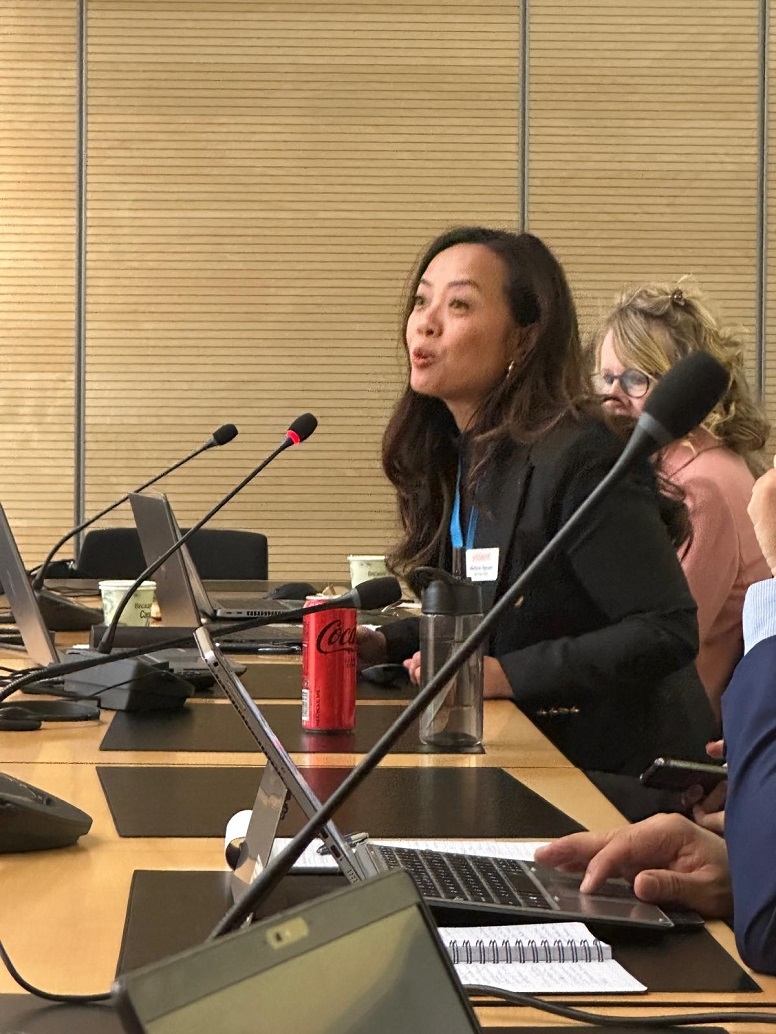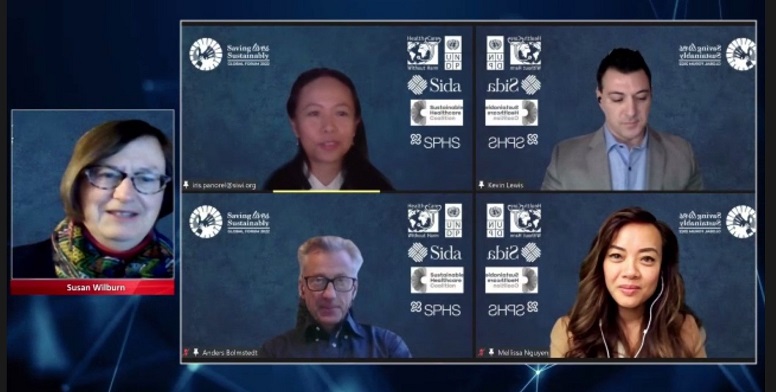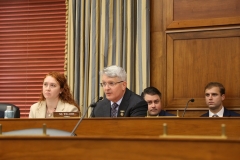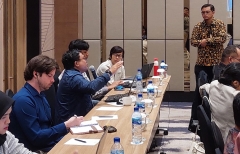Student Drafts First-Ever Congressional Bill on Marine Carbon Dioxide Removal
| by Caitlin Fillmore
Environmental policy and management student Allie Chapman will share her experience drafting legislation during a free public event at the Middlebury Institute on October 21.





